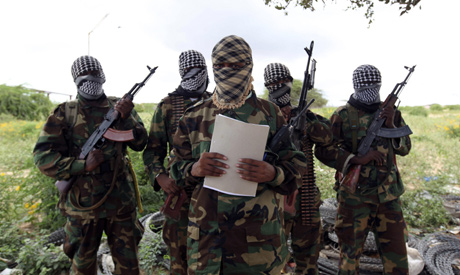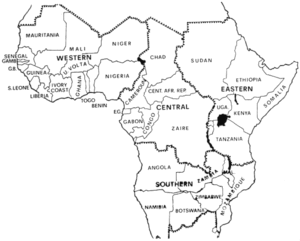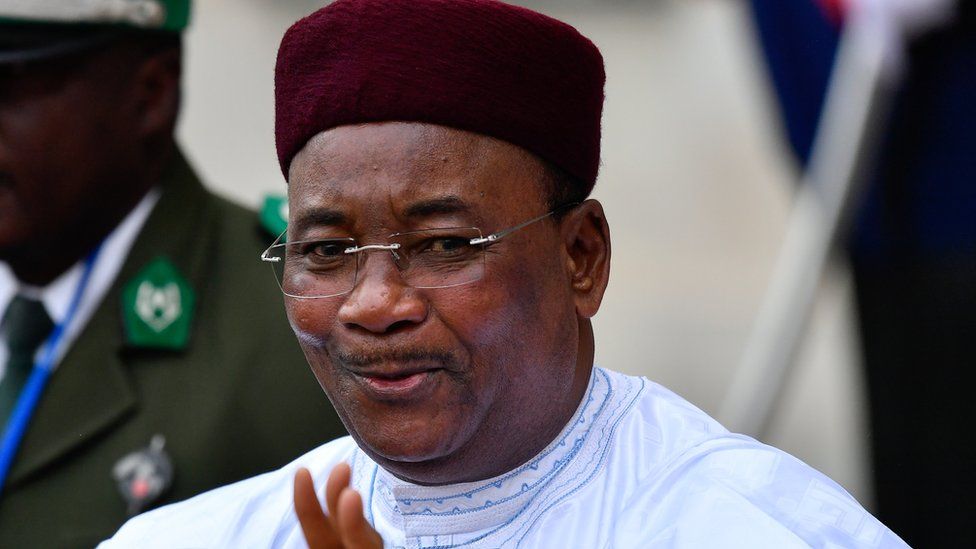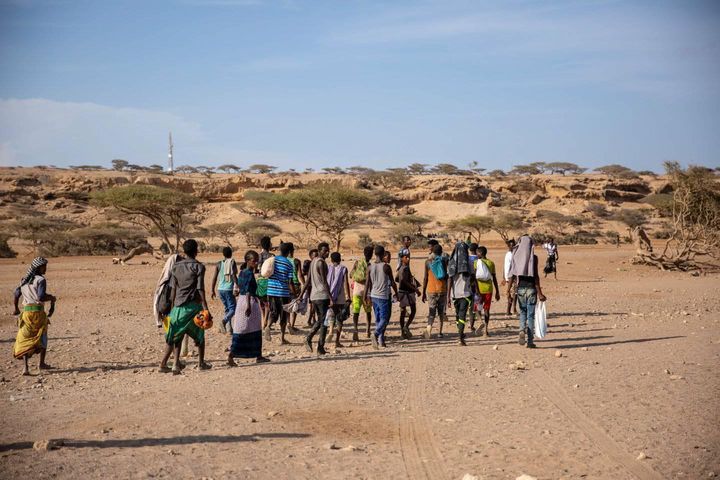Dozens of civilians and an unknown number of military deaths, some by decapitation, were reported by Human Rights Watch, as communications have been shut off in the strategic town of Palma since al-Shabab insurgents attacked the town from three directions Wednesday. The renewed violence affects the fate of the liquefied natural gas project by the French energy company Total.
About 200 foreign workers who sought refuge at the Hotel Amarula along Palma’s beach have become the targets of insurgent attacks while others trying to reach the hotel were reported killed. Locals have taken to the dense forests outside town to outrun the rebels. Palma is near the border with Tanzania.
Mozambique’s defense and security forces are “working tirelessly to re-establish security and order as fast as possible,” said the Ministry of Defense through a spokesman, adding they will “do everything to guarantee the security” of the local population and of “economic projects.”
Total has issued a statement indicating it has suspended all its operations in the Afungi peninsula and that none of its staff at the site were victims of the attack. “Total trusts the government of Mozambique whose public security forces are currently working to take back the control of the area.”
Al-Shabab already holds Mocimboa da Praia, a town 31 miles south of Palma since their victory there in August. They have no known connections to Somalia’s jihadist rebels of the same name.
By Milan Sime Martinic



